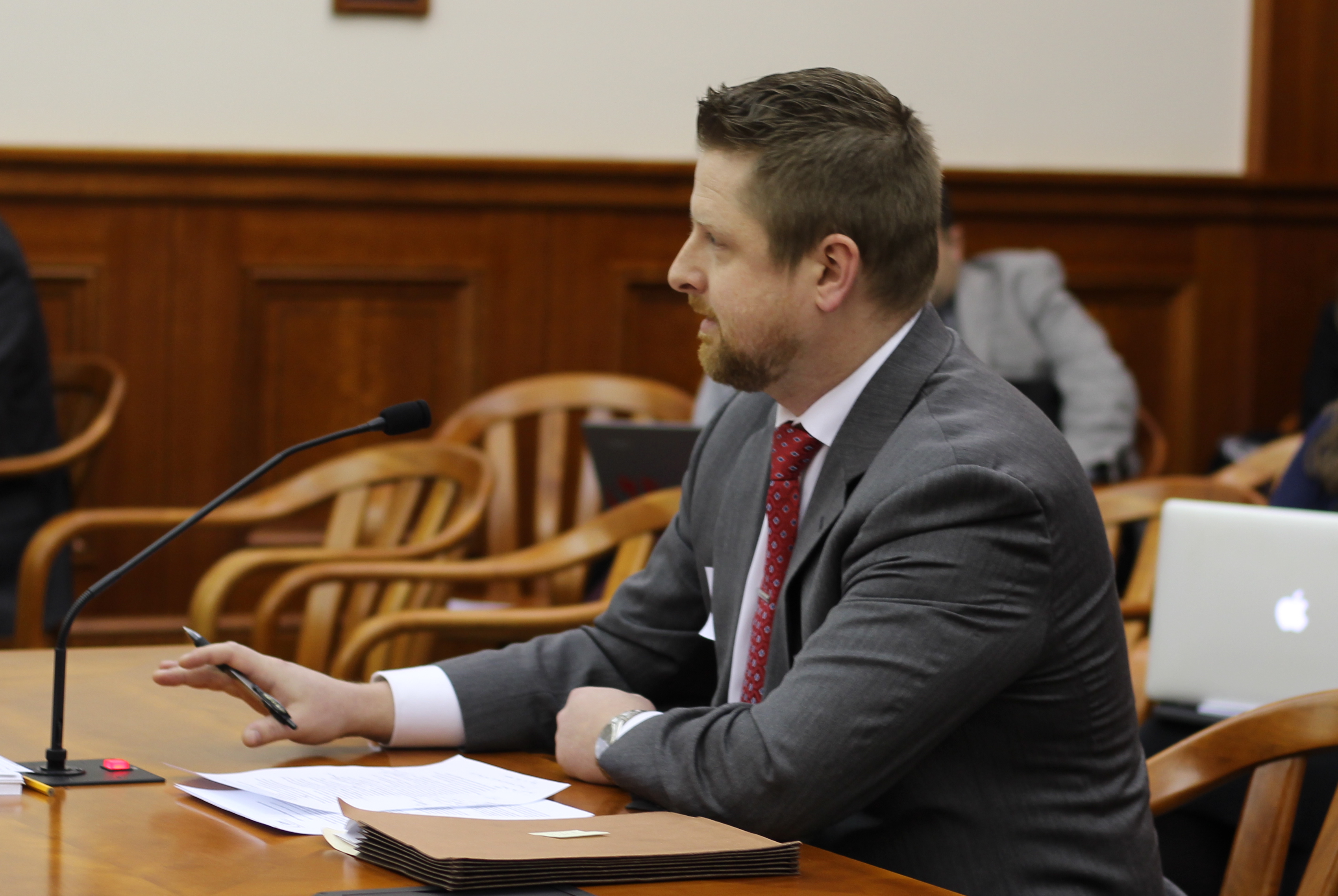On January 30, John Cooper, CAPPS policy director, and JT Weis, CEO of Abcor Industries, testified before the House of Representatives Law and Justice Committee at the invitation of the chair, Representative Klint Kesto (R – District 39). Their testimony emphasized the need to increase the available workforce in Michigan and to remove barriers to employment. Michigan Department of Corrections (MDOC) staff also testified, discussing the importance of meaningful pathways to employment upon reentry.
The testimony was in support of a series of bills that will remove the lengthy bans on employment in the healthcare industry for people with prior misdemeanors and felonies, regardless of their suitability for employment. The bills are:
-
- HB 5450, sponsored by Representative Klint Kesto (R – District 39)
- HB 5451, sponsored by Representative Jeff Noble (R – District 20)
- HB 5452, sponsored by Representative Curt Vanderwall (R – District 101)
Michigan’s unemployment rate is at historic lows and many employers are starved for qualified employees. Removing barriers to employment for formerly incarcerated people is an opportunity to address the talent needs of our state.
Tens of thousands of people are legally barred from employment in many healthcare facilities – for years after they have paid their debt to society. The bills remove these blanket bans, allowing employers the discretion to carefully screen their own employees and substantially increasing employment opportunities.
Employment is a critical component of successfully returning to the community after a period of incarceration. Cooper said:
Limiting access to employment for individuals with criminal records is misguided policy that contributes to recidivism and thus negatively impacts public safety.
Michigan’s recidivism rate within three years of release is approximately 28 percent, which leaves significant room for improvement.
JT Weis told the Committee that nearly 50 percent of his employees in his Holland-based company were formerly incarcerated.
Kyle Kaminski, MDOC legislative liaison, discussed the challenges in creating prison training programs that lead to employment. Kaminiski said:
We need feedback from employers that they would actually hire these folks. Then the MDOC would very much be interested in adding programs that would address these needs.
A number of organizations support the bill in addition to CAPPS, the ACLU of Michigan, Americans for Prosperity, Criminal Defense Attorneys of Michigan (CDAM), Detroit Regional Chamber, Grand Rapids Area Chamber of Commerce, Nation Outside, Michigan Chapter of the National Association of Social Workers, and the Saginaw County Chamber of Commerce. Currently, the MDOC does not take a position on the bills but is in support of the concepts outlined in the proposed legislation.
>>Read CAPPS testimony in support of HB 5450, 5451, and 5452
>>Read the House Fiscal Agency’s Legislative Analysis (dated January 29, 2018)

